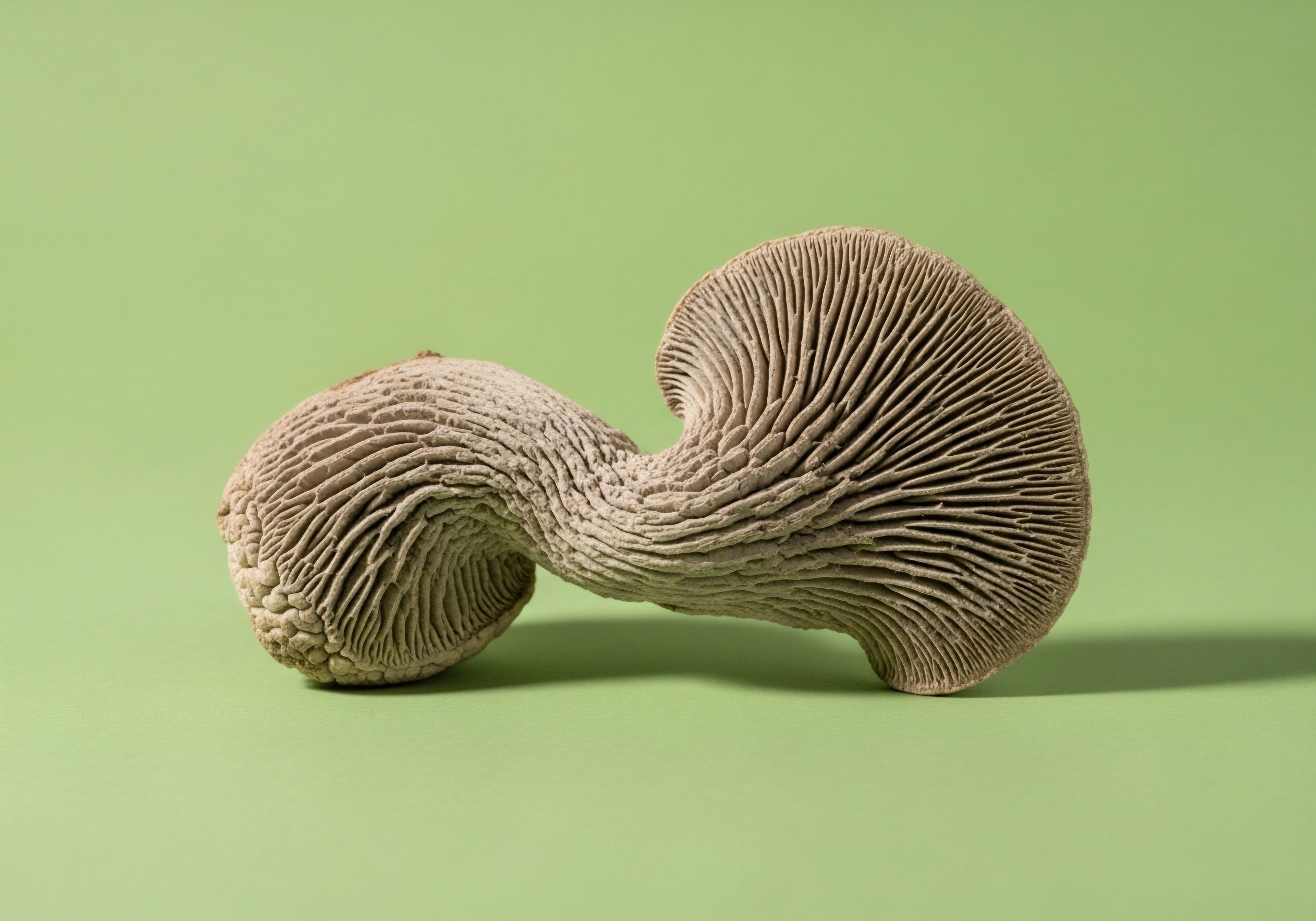Can Lifestyle Factors like Diet and Exercise Mitigate the Risk of Insulin Resistance during GHS Use?

Can Lifestyle Factors like Diet and Exercise Mitigate the Risk of Insulin Resistance during GHS Use?
Strategic diet and exercise create the metabolic resilience to harness GHS benefits while preserving insulin sensitivity.
HRTioAugust 3, 2025











